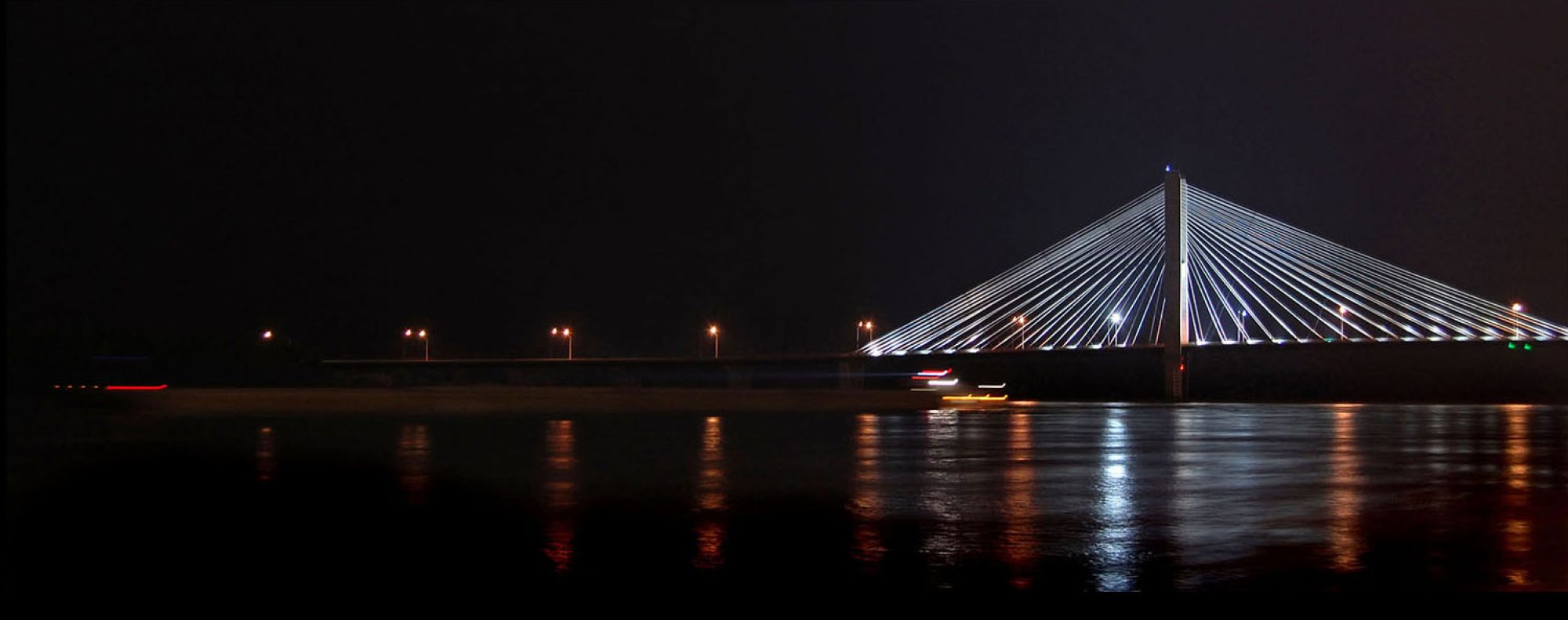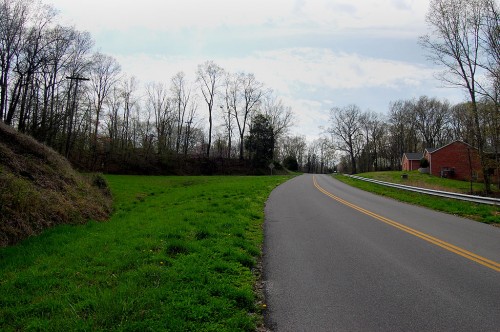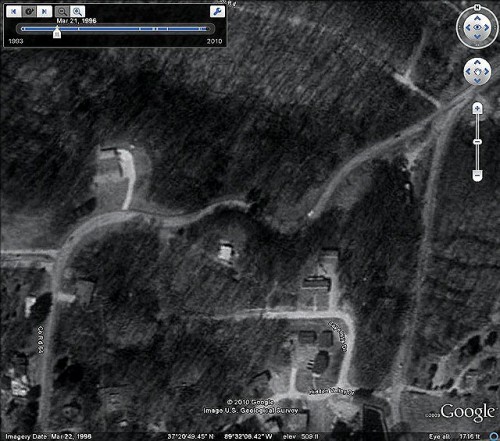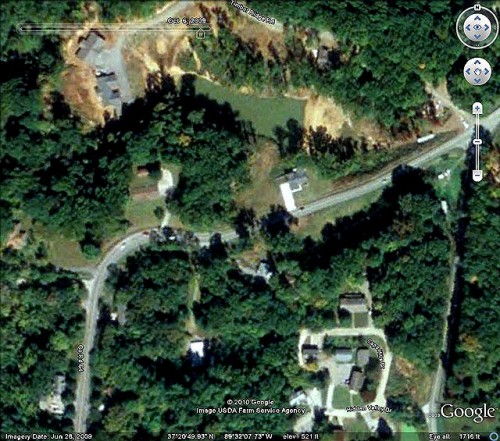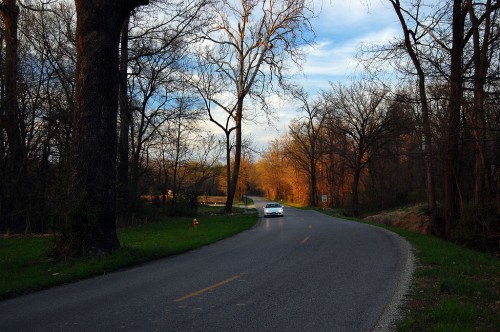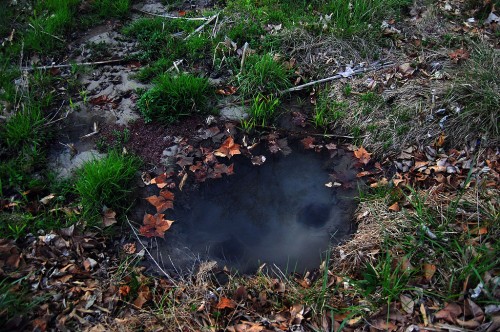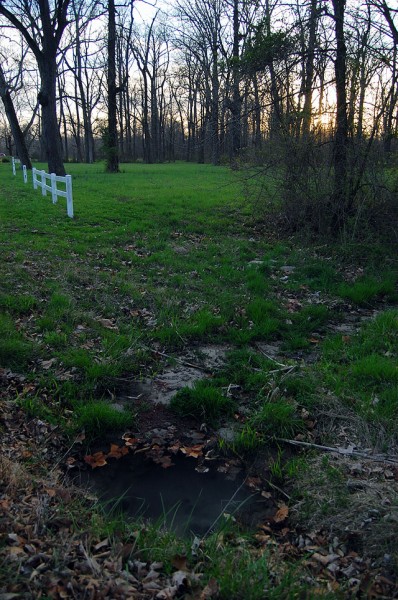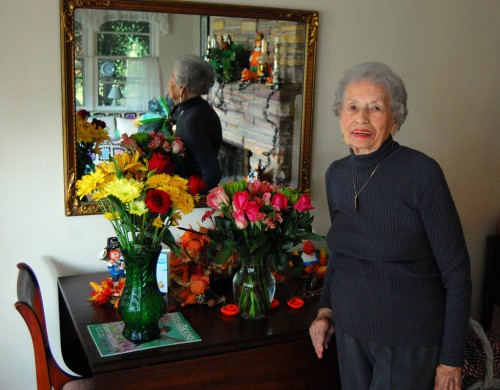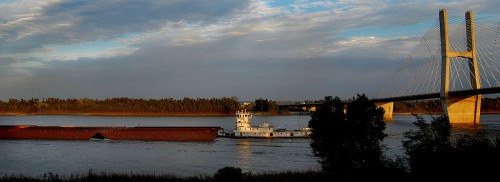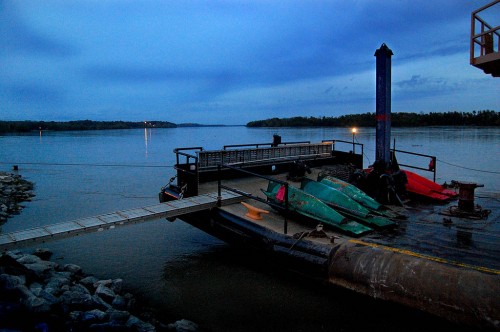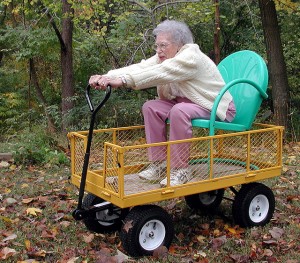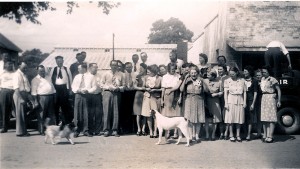Warning: non-Cape, obligatory Earth Day content follows.
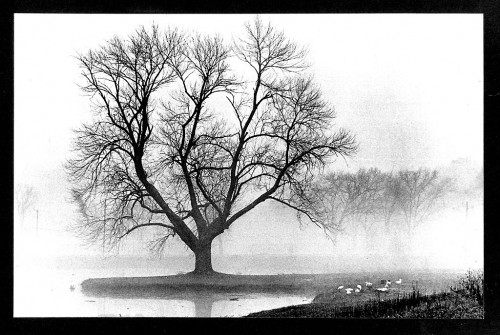 When I was working for The Athens (OH) Messenger, I had to produce five photo essays a week. We called it The Picture Page, but it was really a 9×17-inch hole that was given to the photographers to fill during the weekdays. We had to find the subject, shoot it, write a minimal amount of copy and lay it out ourselves.
When I was working for The Athens (OH) Messenger, I had to produce five photo essays a week. We called it The Picture Page, but it was really a 9×17-inch hole that was given to the photographers to fill during the weekdays. We had to find the subject, shoot it, write a minimal amount of copy and lay it out ourselves.
Deadline was 10 a.m. and I was sucking air. I didn’t have a clue how I was going to fill the space. I didn’t want to be the first photographer to end his career at The Mess by having a 9×17-inch blank space mark his professional obituary.
Please, let there be a picture out there
With the clock clicking down, I was frantically driving around hoping SOMETHING would catch my eye.
Suddenly, this tree popped out of the fog. I knocked off a couple of frames before the light changed, then blasted back to the darkroom. I needed to cut corners, so instead of spending seven minutes using film developer, I used paper developer, which produces more grain and contrast, but only took two minutes. Serendipity kicked in and the technique made the photo better instead of worse.
This and another photo of the park got me off the hook for yet another morning. It turned out to be one of the most popular photos I took in three years at the paper.
Hocking River flood control took my tree
About six months later, I went back to the site to shoot this photo. A flood control project to reroute the Hocking River was going right over my tree. This was the result.
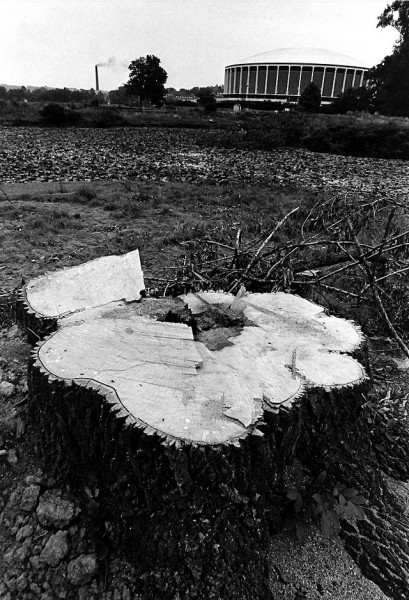 Hokey Poem #22
Hokey Poem #22
I was flattered when Carol Towarnicky, a reporter I worked with at The Ohio University Post, wrote Hokey Poem #22, which said, in part,
. . . consider the man.
who records the land.
low-key, like the hills.
gentle, like those who
who dot the country side.
familiar, calm.
he grabs his camera,
squints, clicks, moves on,
nonchalantly.
who ridicules the thought
of an “eternal message,”
yet mourns the passage
of a tree.
I’m sure CT (I called her that because Towarnicky was a mouthful, even for someone with a name like Steinhoff) was rushing to meet a writing class deadline like I was trying to fill a hole on just another work day, but I still hold on to that tree photo and Hokey Poem #22. It’s funny how something seemingly insignificant can mean so much.
The First Earth Day
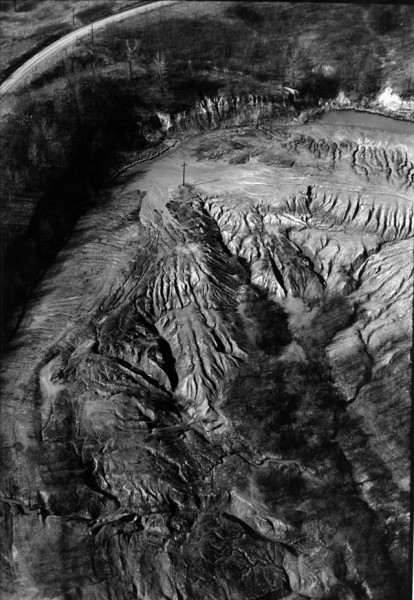 My photo of an abandoned strip mine in southern Ohio ran on the front page of The Athens Messenger on the first Earth Day. You can read the whole story about the picture here.
My photo of an abandoned strip mine in southern Ohio ran on the front page of The Athens Messenger on the first Earth Day. You can read the whole story about the picture here.
